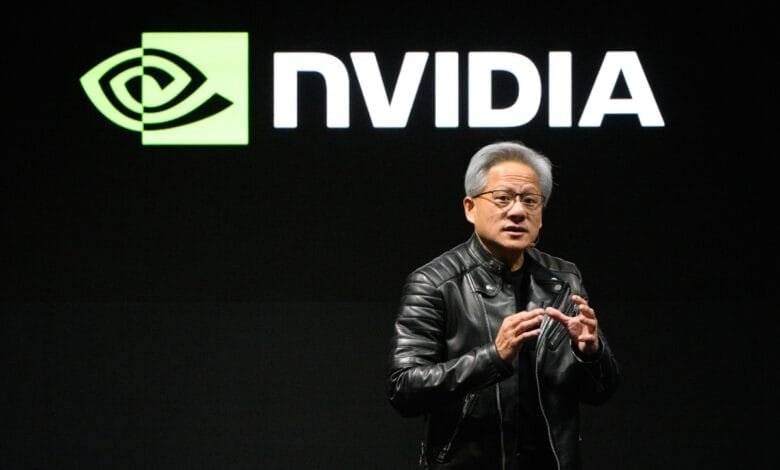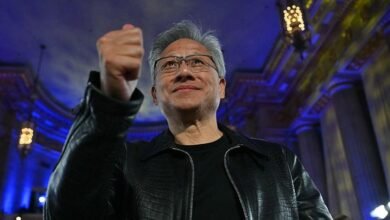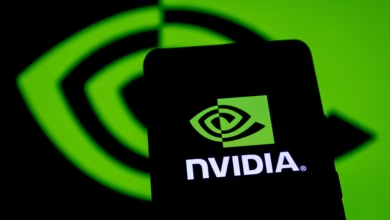Nvidia Reportedly Developing New, More Powerful AI Chip for China

▼ Summary
– Nvidia is developing a new AI chip, the B30A, for the Chinese market that is half as powerful as its flagship B300 Blackwell GPU.
– The B30A will be more powerful than the currently allowed H20 GPUs but will use a single-die design instead of the dual-die design of the B300.
– Nvidia states that all its products are developed with full government approval and are designed solely for beneficial commercial use.
– The Trump administration has recently relaxed restrictions on exporting high-performance AI chips to China, though approval for the B30A is not guaranteed.
– Nvidia and other chipmakers argue that ceding the Chinese market to rivals like Huawei would be a significant loss, despite critics urging the U.S. to maintain its AI lead by controlling technology exports.
Nvidia is reportedly engineering a new artificial intelligence processor specifically for the Chinese market, aiming to navigate tightening U.S. export controls while preserving its foothold in a critical region. According to sources familiar with the matter, the chip, internally designated B30A, would deliver roughly half the performance of Nvidia’s flagship Blackwell B300 GPU but still outperform the H20 graphics processing units currently approved for export to China.
Unlike the advanced dual-die architecture used in the B300, the B30A is said to utilize a single-die design. Despite this structural difference, the new chip is expected to retain several high-end capabilities, including support for NVLink interconnect technology, rapid data transfer rates, and high-bandwidth memory. These features would make it a competitive offering in a market where demand for AI computing hardware remains strong.
This development appears to be distinct from another China-focused chip project also rumored to be in the works at Nvidia. In a prepared statement, the company noted, “We evaluate a variety of products for our roadmap, so that we can be prepared to compete to the extent that governments allow. Everything we offer is with the full approval of the applicable authorities and designed solely for beneficial commercial use.”
The timing of these efforts coincides with a slight easing of U.S. trade restrictions under the Trump administration, which recently allowed some leeway for chipmakers to export high-performance AI hardware to Chinese firms. Still, regulatory approval for the new B30A chip is far from guaranteed, according to insider accounts.
Amid escalating U.S.-China technological competition, critics argue that limiting advanced chip exports is essential to maintaining American leadership in artificial intelligence. On the other side, industry players like Nvidia caution that abandoning the Chinese market could hand a strategic advantage to domestic rivals such as Huawei, comparing the situation to missing out on selling shovels in a gold rush.
(Source: TechCrunch)

